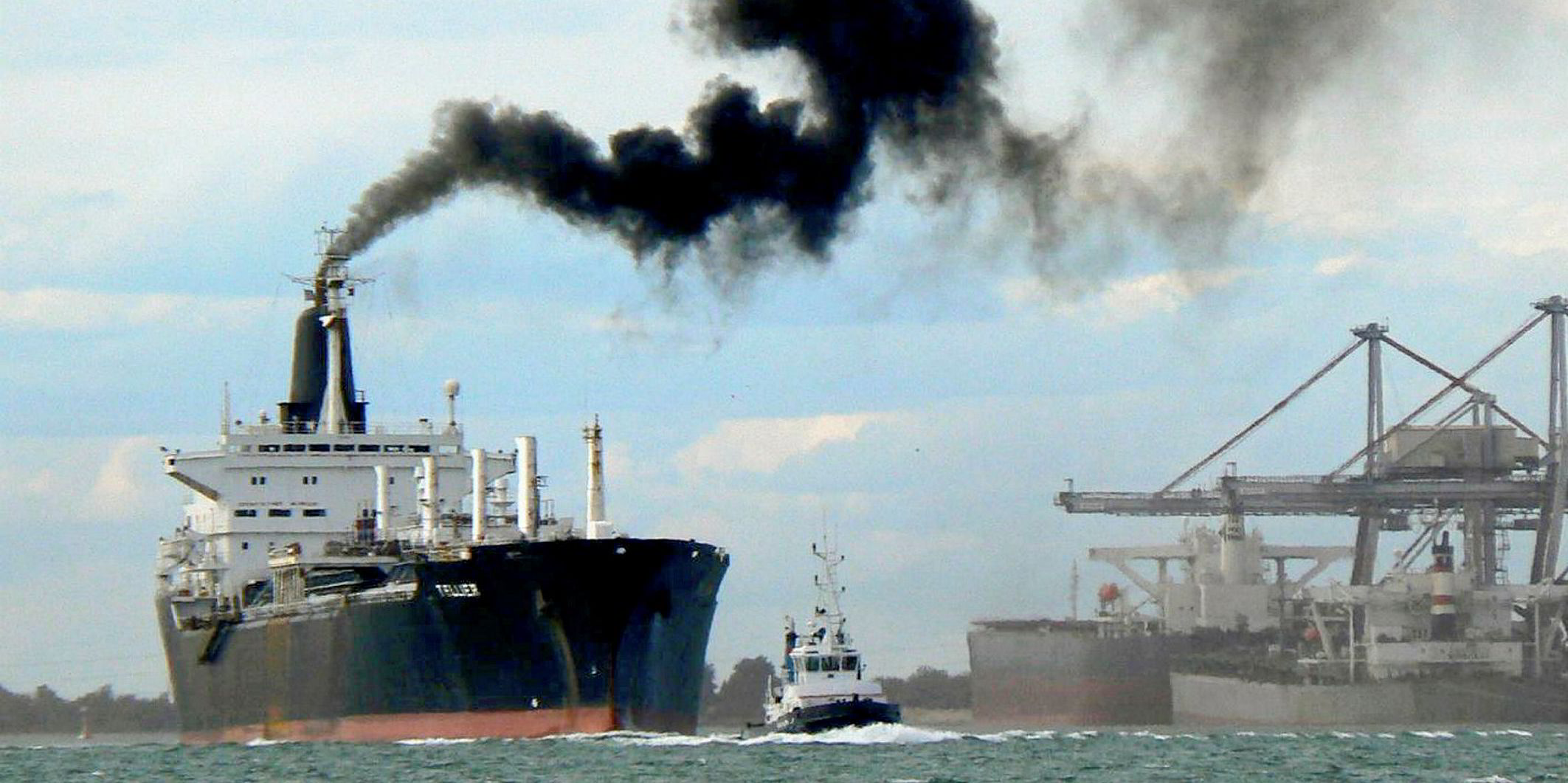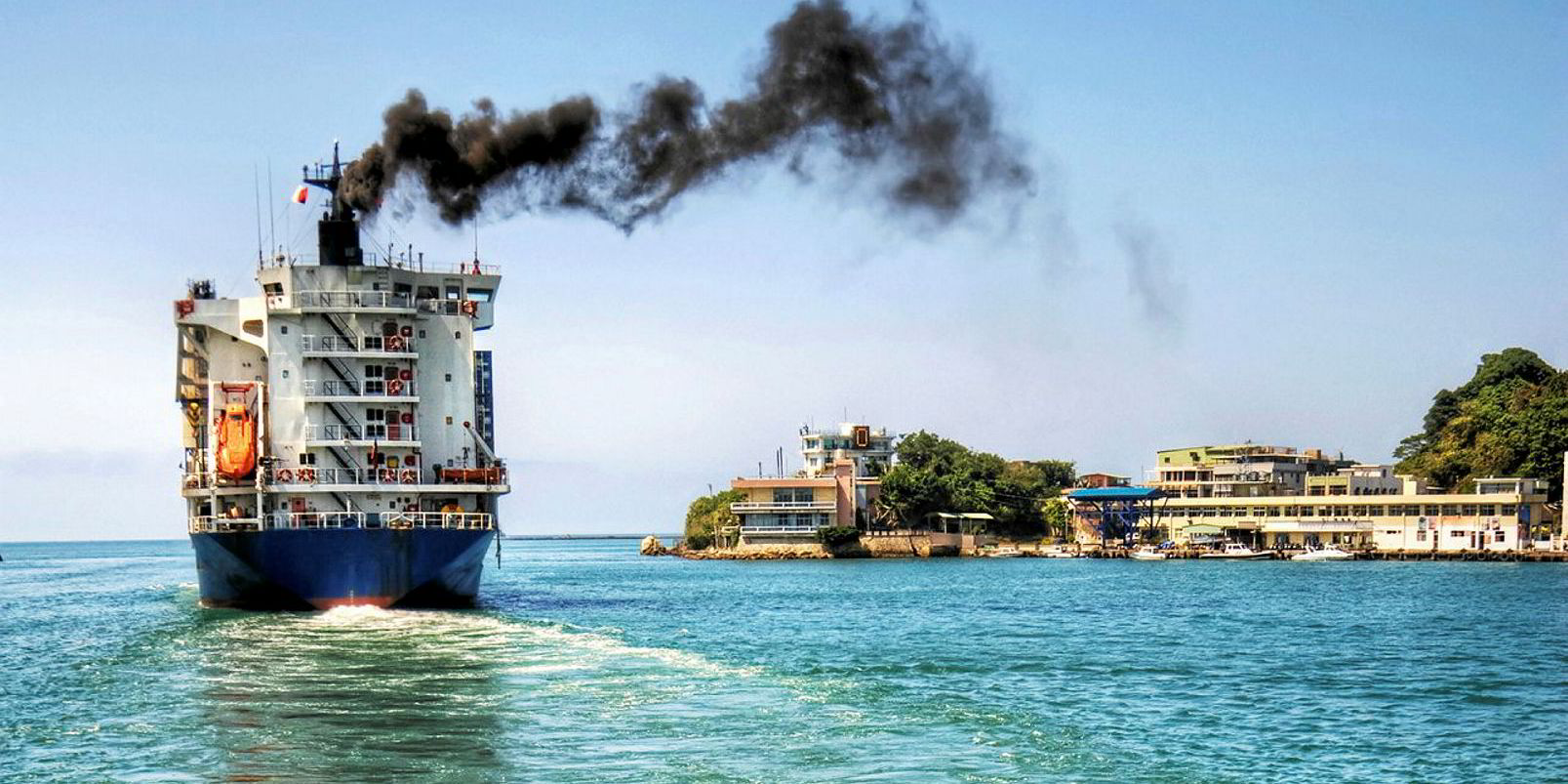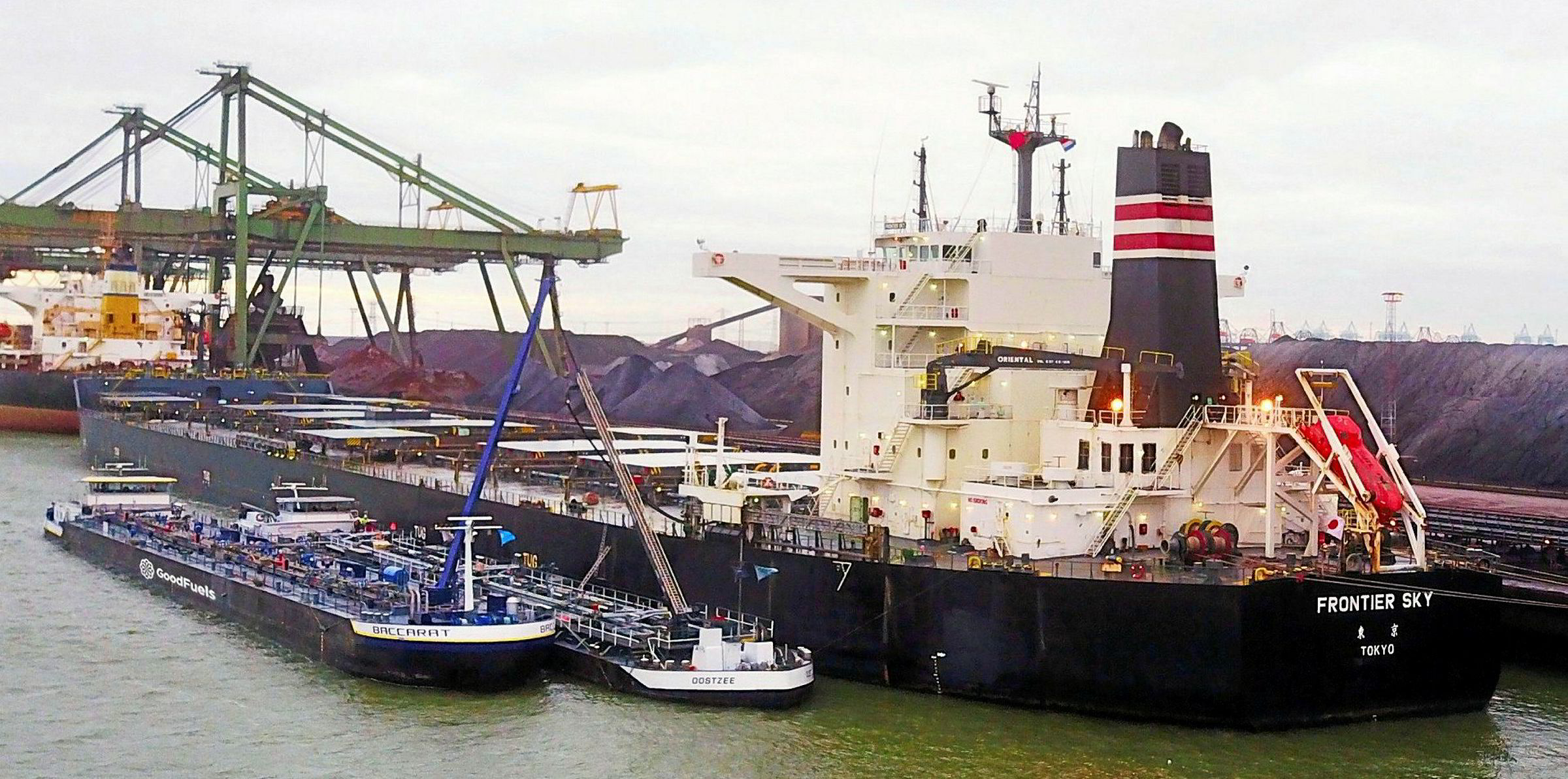Japan’s Maritime Bureau of the Ministry for Land Infrastructure and Transport and Tourism is set to table a radical new proposal including the possibility of a limit on the power and speed of vessels to help the shipping industry meet its target of a 40% reduction in carbon intensity by 2030.
The proposal, which could significantly change the way the industry operates, is set to be put before the Marine Environment Protection Committee meeting in May as part of the IMO’s attempt to come up with a package of measures to reduce shipping’s carbon footprint.
Japan is hoping it could get the proposal mandated in Marpol Annex VI by 2023.
'Efficiency target'
The basic idea is to set an “efficiency target” for individual ships based on achieving the IMO’s 2030 goal.
By way of example, Japan’s proposal suggests that existing ships could be forced to operate at 42% of the installed power, reducing speed by 16% and achieving a 30% improvement in efficiency, as a method to achieve the target.
However, such ships would have the scope to increase power as a safety measure.
Japan describes its proposal as “goal based” and says it will allow ships the option to maintain full power and speed but achieve the same level of efficiency by alternative operational measures that will hopefully encourage the development of ship efficiency technology. Those alternatives may include using alternative fuels or energy-saving devices.
Japan's hope is that the move will encourage older ships to be scrapped and replaced by more efficient newbuildings built under the efficiency standards of the energy efficiency design index (EEDI).
Ships built under the EEDI will have less requirement to improve efficiency to meet the individual ship efficiency target compared to non-EEDI ships.
Japan is suggesting that currently ships built under the EEDI are at a disadvantage in the market because of their limited engine power and speed, and higher investment costs.
This disadvantage could be addressed if existing less-efficient ships are forced to adopt radical measures, such as the power limitation, to contribute to the IMO’s 2030 carbon emission goal.
New efficiency index
Japan’s proposal would involve the development of an energy efficiency index for existing ships, which it is calling EEXI.
Japan is not the only country to table a proposal for power limitation. Germany is developing similar ideas, while environmental groups are also arguing strongly for speed limitations.
Japan’s proposal is bound to face opposition from shipowner groups, which have been strongly against the idea of limiting ships' power or speed.
The question remains which organisation will be in charge of monitoring each ship’s efficiency performance, and how to do it.





